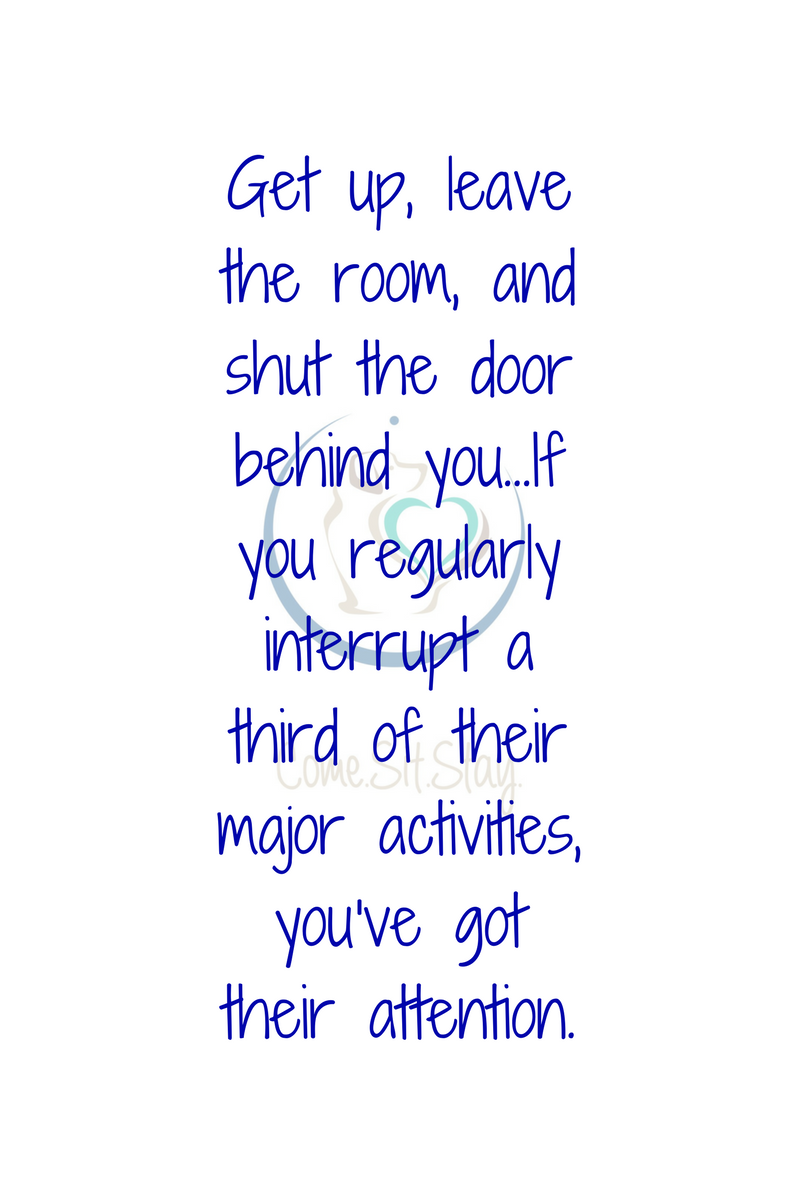Most puppies bite their new owners hands when they are first brought home. There’s no quick fix to this, but understanding why can make a big difference in how well you’re able to shape this behavior into something acceptable.
Bite inhibition is a dog’s learned ability to control the pressure they exert while biting. Bite inhibition is a learned behavior that must be acquired before about 2 years of age. Ideally, if you get a puppy directly from the litter, bite inhibition should be learned by 6 months. You may have heard the expression “soft mouth”. That’s what we’re talking about. Expecting a dog who has no consistent reinforcement to learn bite inhibition before 6 months of age is probably expecting too much. Breeds like shepherds (Australian, German, Border Collies etc), Bullys (APBT, Bulldoggos of all kinds), and Terriers, take a little more reminding than toy and hunting breeds.
It is absolutely crucial that a dog learn this skill as early and efficiently as possible. Good bite inhibition can prevent fights, avoid wounds, and save lives.
I’ve written before that I do not ask my dogs to ever STOP biting. I do not train dogs to stop doing things that are entirely natural. Dogs should feel free to place their mouths, VERY GENTLY, on people, other dogs, and objects. They must learn when and how hard to bite for this theory to be successful. Fortunately, nature is on our side. Puppies learn early on from their mother and their litter mates what kind of biting is appropriate. Puppies left in this environment between 8-12 weeks of age usually have a very good idea of what kind of biting is acceptable and what kind is not. If you must bring your puppy home before this period, please make sure he or she has adequate access to many other dogs who can help your puppy learn this properly.

Ok, so presumably you’re here reading and you don’t want someone lecturing on what SHOULD have happened. You need help on how to fix what did happen. Your dog is still using you as a chew toy and your arms are bleeding and your life is over. I get it. Its why I prefer to work with dogs honestly. Puppies are great in small doses, but my favorite part of puppies is that they turn into dogs…
Meanwhile, I regularly have at least one puppy at my house learning how hard to chew on me. I teach them this by simply saying “ouch” and removing myself from play for a few minutes. Get up, leave the room, and shut the door behind you with the puppy inside. No need to stay gone long. You’re only making a point and it is much more important to make the point decisively and frequently. A puppy’s entire life is centered around play, food, and sleep. If you regularly interrupt a third of their major activities, you’ve got their attention. It usually takes two weeks or less of consistent reminders that your pup won’t get to keep playing unless his mouth is soft before he understands how hard he should bite. If you forget to disengage, or if not everyone in the home obeys this rule, learning will be delayed.

If your new addition is chewing on something he shouldn’t, substituting his contraband for a more appropriate toy is the best way to teach him what he SHOULD be chewing. Remember, it’s a shorter list of what your dog should do, than what he shouldn’t. It will take much longer to teach him everything he shouldn’t chew, eat, bite, lay on, or generally destroy. Instead, keep a pile of toys nearby, or a favorite in your pocket at all times. Stuffed Kongs are great for this too. Redirection is a wonderful tool to teach your small one how to behave.
If all else fails, fall back on tethering or crating your pup for safety. While he is in his crate, offer him a variety of toys to chew, rotating one or two options each day. Be patient. Puppies are very like children in that it takes a while for them to learn what is ok to put in their mouths. With patience and perseverance your pup will grow out of this stage. As the old Persian saying goes, “This too shall pass.”
